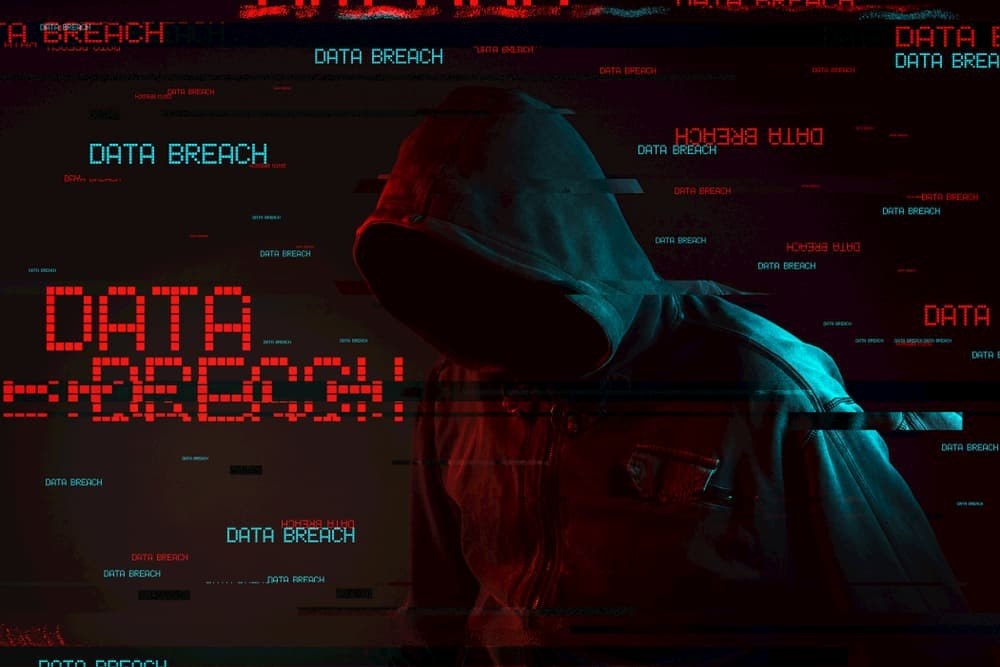As the world turns to remote working via the internet, the number of cyberattacks on computers, equipment, and unprotected home networks will increase, according to Group-IB experts. Hence, implementing the necessary cybersecurity measures is highly essential.
Many employees have switched to remote working due to the rapid spread of the coronavirus pandemic. Telecom operators, financial institutions, employees, and IT companies are highly at risk. The aim of these cyberattacks will be the theft of personal data and money.
Expected Cyberthreats
Experts believe that there will be a surge in the number of fraudulent free services. Some of these services include online streaming subscriptions, fake video conferencing platforms, online training platforms, food delivery apps, and many more.
There is also an increased risk of espionage with more targeted attacks focused on the employees in the financial sector.
Experts also warn that there might be an increase in fraudulent activity targeting senior citizens. This group will most likely be targeted with fake offers of shopping services, phony coronavirus tests, counterfeit drugs against COVID-19, and much more.
Cyberattacks may also arise from insider threats coming from employees whose wages will be lowered once they start working remotely.
The other sector that might also experience a surge in fraudulent activity is the tourism industry, especially in the money transfer centers of airlines, hotels, and many other places.
8 Best Practices to Secure Remote Work
- Organizations need to allow remote access to their network strictly with two-factor authentication.
- Also, employees should avoid using third-party services that use intermediate servers to access corporate networks. They should instead take over the responsibility for authorization and validation of all security issues.
- Access right differentiation, coupled with network segmentation, is also required. It is highly essential even for remote user activity to be entirely covered by the organization’s perimeter security tools.
- Whenever employees are working on their home computers, they should always use remote terminal access to the corporate network. Moreover, they should use a virtual desktop fully installed with all the necessary security tools.
- If employees are working with their emails, they should use two-factor authentication. Additionally, the malware detonation systems must be implemented to analyze all the incoming and outgoing emails.
- It is advisable to check all devices and services for remote access for updates of firmware and security patches.
- Cybercriminals mainly target the internet-facing open ports of remote-control services. Another method of ensuring that the remote working condition is secure is accessing services using only VPNs protected using two-factor authentication.
- Finally, users are advised to check the availability and duration of logging remote user actions. Always make sure that the remote sessions automatically time out after a particular period of inactivity, and that re-authentication is needed to regain access.
Stay safe.









